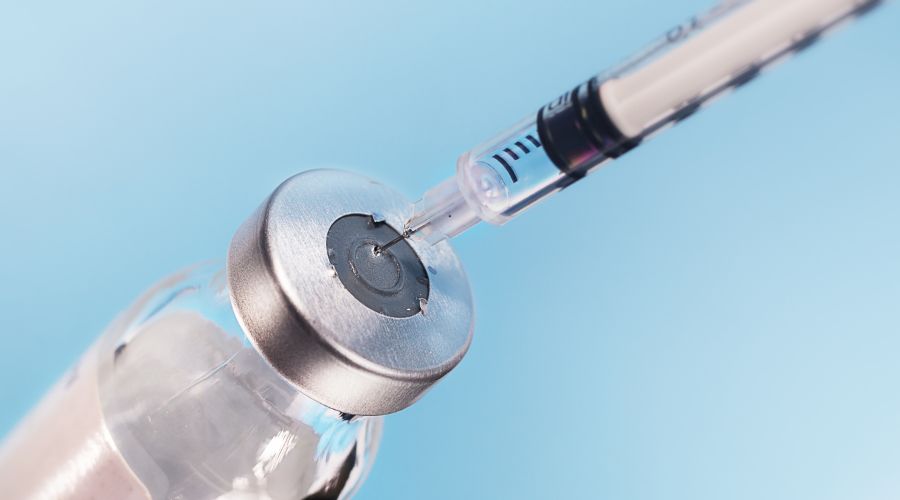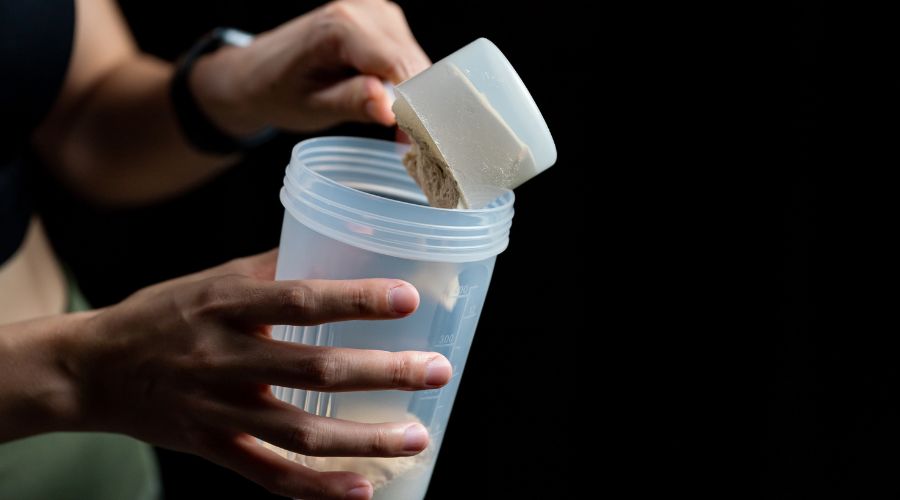Many supplements offered on the market in sports nutrition claim to enhance your workouts, help you grow muscle, and speed up your recovery. Interestingly, however, whey protein and creatine are the best among all of those. Despite athletes often using both, there are plenty of illusions, myths, and debates around them. To be able to understand better how these supplements work, we shall debunk a few common myths by giving you all the facts about whey protein and creatine in this blog post.
Here are the top big myths and facts about the whey protein supplement and creatine:
Myth 1: A Steroid Is Called Creatine

Fact: According to what most people believe, creatine is a steroid. Small amounts of this supplement are also naturally present in meals like fish and red meat. It is also produced by our bodies. This supplement’s primary goal is to improve energy production through an increase in ATP, or muscle fuel. Because they can be harmful, synthetic hormones like steroids are prohibited in sports. On the other hand, when used appropriately, creatine is safe and enhances athletic performance without risk related to drugs.
Myth 2: Overweight Comes From Whey Protein

Fact: Your whole caloric intake is what causes fat accumulation; whey protein alone won’t do that for you. A high-quality protein that helps in muscle growth and repair is whey protein. You will still put on weight no matter where you obtain the extra calories from your diet. Whey protein will add lean muscle without causing excess fat to show when used in conjunction with diet and exercise. In reality, a lot of people utilize it, especially those who exercise consistently, to maintain muscle mass while shedding weight.
Myth 3: Dehydration And Cramping are Caused by Creatine

Fact: When taken as directed, creatine does not dehydrate or create cramping in your muscles when putting water into them. Studies indicate that assisting muscles in retaining water, it may reduce the likelihood of cramping. Just remember that staying hydrated is essential for healthy muscular function throughout workouts, so make sure you’re getting enough water to stay safe.
Myth 4: Only Bodybuilders Use Whey Protein

Fact: Anyone looking to increase their protein consumption can benefit greatly from whey protein; it’s not just for bodybuilders. Whey protein is beneficial for any type of exercise that requires recovery, such as weight training or running. It improves muscle maintenance and recuperation, benefiting individuals of all fitness levels—from novices to seasoned athletes. It can also aid with weight management by prolonging feelings of fullness.
Conclusion:
One could consider creatine and whey protein the most studied supplements in the fitness industry. However, due to myths and misinformation surrounding these supplements, many individuals may not believe them to be safe for enhancing strength or effective for enhancing the recovery of muscles. However, both should be applied by athletes at any level for fitness goals support. Knowing these facts about those supplements would allow you to make better decisions and improve your fitness routine to the best extent. For more fitness updates, visit www Gurucent.com
FAQs:
Q1. Can I mix whey protein and creatine?
You can take them both, yes. Whey protein will help in your muscle recovery, while creatine maximizes strength and power. You may gain better workout results when combined.
Q2. What’s the time frame for the effectiveness of whey protein and creatine?
Within a week or two, as the creatine accumulates in your muscles, you can begin to feel the impacts of it. Combining these with regular post-workout whey protein intakes further aids in long-term gains in muscle mass through constant recovery.
Q3. Do I have to stop my creatine cycle?
While cycling of creatine is not required, it is good to take a break so that these normal levels may be restored in the body. Long-term use studies claim to be safe as long as the prescribed amount is taken.





